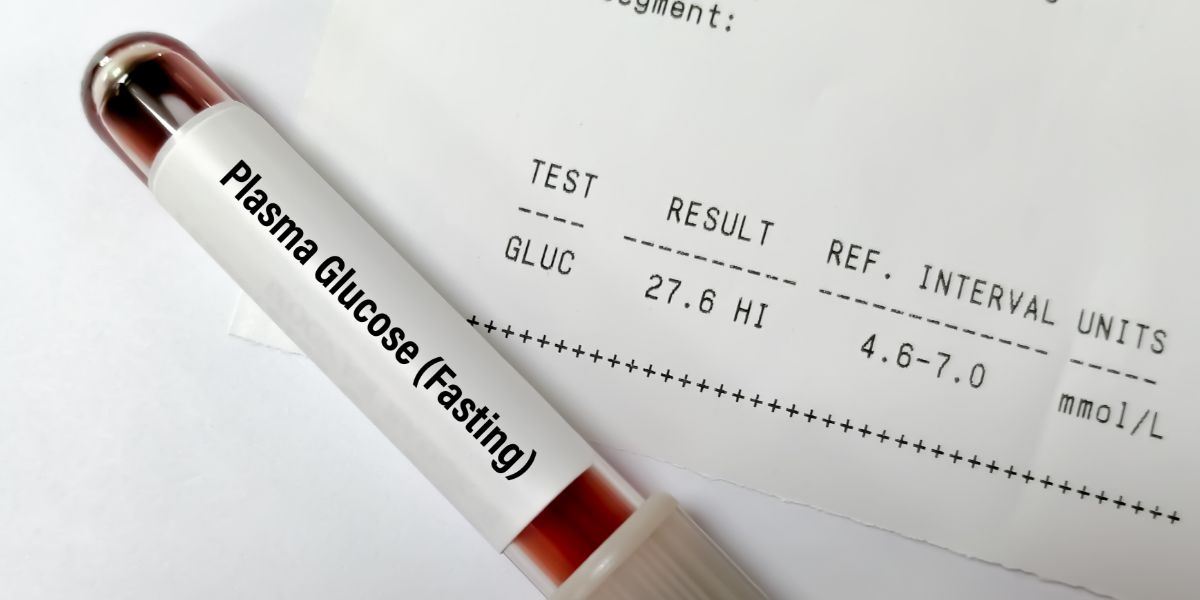Telling people you have diabetes and then talking about your diabetes, whether it’s to classmates, friends or work colleagues can sometimes be a real challenge.
Once you start talking about your diabetes, people may begin to ask questions about your diabetes as they will become interested in knowing more.
Some of us are comfortable talking about our diabetes whereas some of us prefer not to have comments or questions about their condition and would rather that people don’t know at all.
This is particularly common at school and during the teenage years.
However, you should tell certain people that you have diabetes and there are various ways and times to do this.
Using medical ID to tell people you have diabetes
People with diabetes that are at risk of hypoglycemia or very high blood glucose levels are advised to wear a form of medical alert ID or at the least carry some sort of card to let others know.
This is because medical emergencies can sometimes occur suddenly and even a card in your wallet can make a major difference to the treatment that you receive.
Tell the people you spend time with that you have diabetes
In many cases, it can be important to let your employer know and a close working colleague know that you have diabetes.
Some people may be hesitant to divulge their diabetes at work, fearing that it might hurt their career advancement or employability.
There are some cases whereby informing your employer may be essential, such as if you are at risk hypoglycemia and drive or operate potentially dangerous machinery.
Telling your employer is generally recommended as, should an emergency take place, your employer will be able to act with knowledge of your condition. Another advantage of informing your employer is that your employer will need to follow the Disability Discrimination Act and not discriminate against you.
Usually, people are very understanding of medical conditions once they are informed.
Tell your family that you have diabetes, including children
Usually, families of people with diabetes know about the condition. Even children should know basic diabetes care and how to contact emergency services. Adults should know exactly what to do and how to deal with any serious situation.
Discuss diabetes with your partner
Diabetes can seriously affect moods and the way a person feels.
It is important to discuss diabetes with your partner. Knowing and understanding how to deal with lows and highs could be critical in a medical emergency. Diabetes may affect your sex life, too.
Healthcare professionals should be able to provide medical advice about how to raise blood sugar, administer glucagon and call for emergency assistance when it is necessary. It is important for your partner to understand day-to-day diabetes care routines.
When you are invited to eat at someone’s house
When you are going to eat out, it may be worth letting your hosts know in advance if you have particular dietary restrictions. However, many people with diabetes will prefer to eat whatever they are given and adjust other diabetes management to compensate.
Telling people at university that you have diabetes
When you are away at university, it may be a good idea for your hall manager, roommate or friends to know that you have diabetes.
- Read more about diabetes at university
Informing the DVLA
If you hold a UK driving license, it is a legal requirement to inform the DVLA that you have diabetes.
You should also inform the DVLA if you move onto a new form of medication, such as going from tablets onto insulin.
You should also inform your car insurance provider. Car insurance firms should not discriminate you simply for having diabetes.
If you are on a restricted license, however, your insurance premiums may rise to reflect being in a higher risk category.
- See further information on diabetes and driving
When not to tell people you have diabetes
There is no reason to explain diabetes in all situations, and you may rightly feel that you don’t owe anyone an explanation in some situations. It is up to the individual how and when they tell people they have diabetes.
Sharing news about health issues is a very personal decisio, and whatever works best for you is often the best decision to make.





